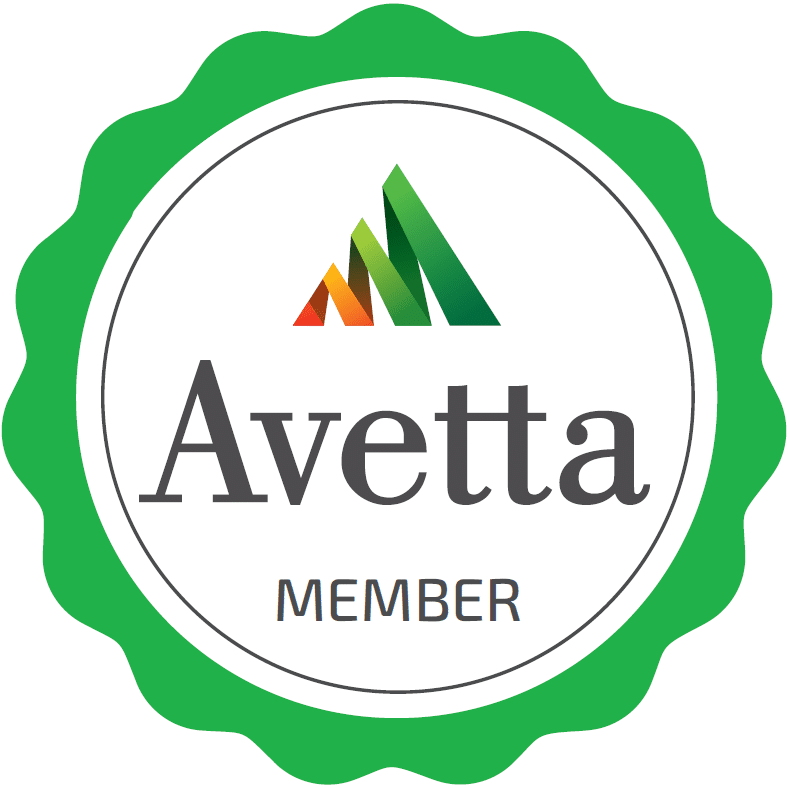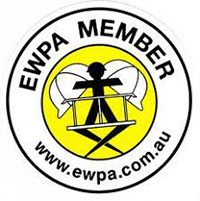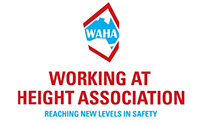Recognition of Prior Learning Policy
In most instances, Loadwise Australia does not offer Recognition of Prior Learning (RPL) to its students. This decision is based on the following considerations:
- The practical nature of our training delivery of individual units and the high level of Performance Skills.
- Industry feedback has highlighted the necessity for students to comprehend safe work practices and possess a thorough, demonstrable understanding of current practical skills before application in the workplace.
- Many units that we deliver are high risk and/or require the operation of heavy plant and equipment, which for safety reasons, requires direct observation of current skills by the assessor.
- Licensing and reaccreditation training products, such as TLILIC0003 Licence to operate a Forklift truck & TLILIC0005 Licence to operate a boom-type elevating work platform (boom length 11 meters or more), do not allow for RPL.
- Most courses consist of the delivery of one unit of competency, and the timeframe and cost for gathering and assessing evidence for RPL are relatively time-consuming and costly for both us and the student.
When we offer a skillset or cluster multiple units into a training program, excluding high-risk or licensing units, we recognise our duty to provide Recognition. Under these circumstances, we will provide candidates with timely information about RPL and Credit Transfer by including it in our pre-enrolment information for the training program. We will encourage candidates to apply for recognition before or on enrolment to enable us to modify attendance and assessment requirements. Candidates will also be reminded of the opportunity for RPL during the training program by our trainers and assessors.
Within the contexts outlined above, we understand that candidates who can demonstrate competencies to the standard of a training product (unit) should have these competencies recognised without undertaking further training.
What is recognition?
Recognition involves the assessment of previously unrecognised skills and knowledge that an individual has achieved outside the formal education and training system. Recognition assesses this unrecognised learning against the requirements of a unit of competence, in respect of both entry requirements and outcomes to be achieved. By removing the need for duplication of learning, recognition encourages an individual to continue upgrading their skills and knowledge through structured education and training towards formal qualifications and improved employment outcomes. This has benefits for the individual and the industry. Most importantly, it should be noted that recognition is just another form of assessment.
Evidence requirements
Where a client/Learner requests assessment through the Recognition of Prior Learning (RPL) or the Recognition of Current Competencies, that client is required to supply the appropriate evidence to undergo assessment. A checklist of evidence will be developed for the required Unit of Competency.
The RPL/RCC process is generally a combination of written/oral questions, practical demonstrations, logbooks, letters from direct supervisors, photo or video evidence, and a detailed work history.
Where there is a gap in the required knowledge as set out in the Unit of Competency, the trainer and client can establish a training program to fill those gaps.
Recognition guidelines
The following guidelines are to be followed when an application for recognition is received:
- Recognition may only be awarded for whole units of competence.
- Assessment via recognition is to apply the principles of assessment and the rules of evidence.
- Whilst learners may apply for recognition at any time, they are encouraged to apply before commencing a training program. This will reduce unnecessary training and guide the Learner down a more efficient path to competence.
- Learners may not apply for recognition for units of competence or a qualification which are not included in Loadwise's scope of registration.



